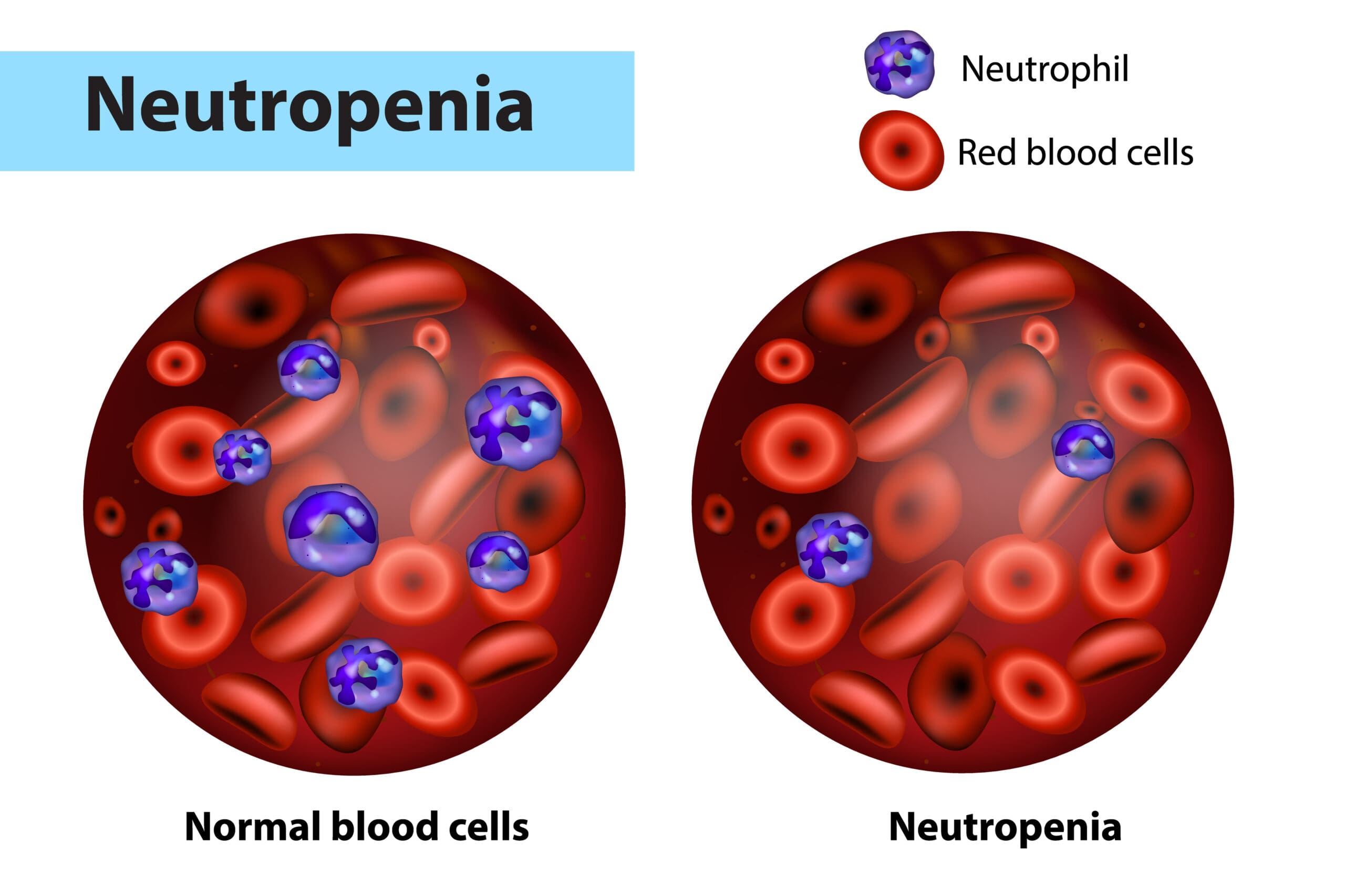Coeliac disease raises risk of other autoimmune diseases
By naturopath Margaret Jasinska
Coeliac disease is one of the most common autoimmune diseases. In Australia it’s estimated to affect one in 70 people; however, it’s thought that 80 percent are undiagnosed. That’s because the symptoms can be so varied and sometimes very subtle.
Coeliac disease is triggered by the consumption of gluten. When people with the condition eat gluten, their immune system attacks their small intestine. Gluten is found in several grains, including wheat, rye, barley, spelt, triticale and kamut. It is also present in many processed foods that contain a component of one of these grains.
Ingestion of gluten by someone with coeliac disease causes chronic inflammation and tissue damage to the small intestine. The chronic inflammation to the gut lining can impair nutrient absorption and lead to many nutrient deficiencies. The most common ones are iron, calcium, magnesium, vitamin D and other fat soluble vitamins (A, E and K), and essential fatty acids.
People with one autoimmune disease are at greater risk of developing a second or third autoimmune disease. An excessively permeable intestinal lining (leaky gut) is present to varying degrees in all autoimmune conditions, but particularly undiagnosed coeliac disease. When wastes, toxins and bacteria leak through the gut wall, where do they go? Straight to your liver. There is one main vein (the hepatic portal vein) that takes all blood from the gastrointestinal tract to the liver.
Ordinarily, this is a good thing because this blood is extremely rich in nutrients. Your liver is the hardest working organ in your body and it has a high need for nutrients. Your liver is also designed to trap any bacteria or foreign matter that may have escaped through the gut, preventing it from spreading to the rest of your body. When an abnormally high level of toxins and bacteria from the gut reach the liver, the liver can become inflamed and secrete high levels of inflammatory chemicals. This can prime the body for the development of additional autoimmune diseases.
Which autoimmune diseases is a person with coeliac disease more likely to develop?
According to the Celiac Disease Center of the University of Chicago, this is the list and associated risk:
- Type 1 Diabetes Mellitus: 2.4-16.4%
- Multiple Sclerosis (MS): 11%
- Hashimoto’s thyroiditis: 4-6%
- Autoimmune hepatitis: 6-15%
- Addison disease: 6%
- Arthritis: 1.5-7.5%
- Sjögren’s syndrome: 2-15%
- Idiopathic dilated cardiomyopathy: 5.7%
- IgA nephropathy: 3.6%
Genetic factors play a role as well. If you have a family history of one of the diseases listed above, your risk may be higher. For our recommendations on how to reduce your risk, see the book Dr Cabot and I wrote called Healing Autoimmune Disease: A plan to help your immune system and reduce inflammation.








Leave A Comment